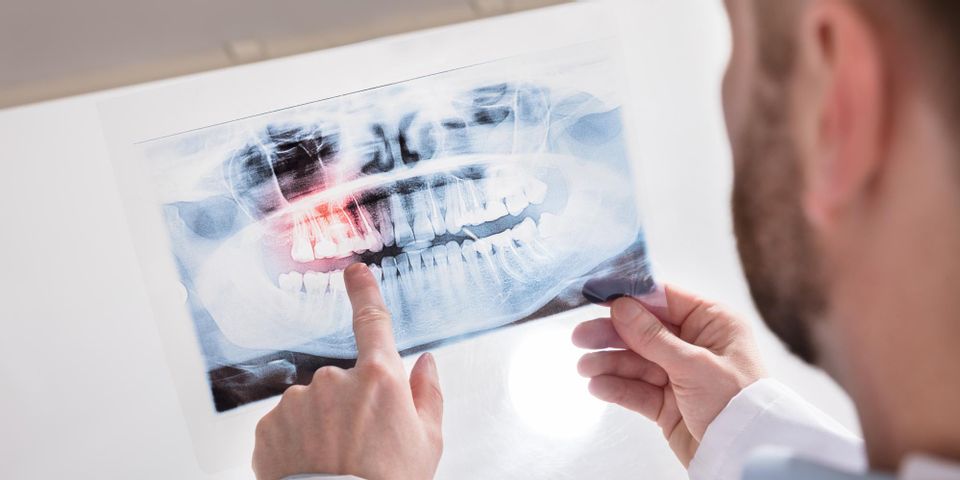
Wisdom tooth removal seems to be a rite of passage many individuals in their late teens and early 20s experience. Yet, many patients wonder why their dentists recommend them for this procedure in the first place, and what to expect when it’s done. If you or your child are approaching the age of wisdom tooth removal, find out everything you need to know about the process below.
A Beginner’s Guide to Wisdom Tooth Extraction
What Are Wisdom Teeth & Why Are They Removed?
The wisdom teeth, also known as the third molars, are the four permanent teeth located in the far recesses of the mouth. They typically emerge between the ages of 17 and 25. Each person has two on the top, and two on the bottom. In some cases, wisdom teeth won’t have enough room to grow and will stay impacted, or below the gum line. For other people, they may erupt without any issues. Impacted wisdom teeth can grow at an awkward angle, develop a cyst, lead to gum infections, or cause lingering pain if left unaddressed. Both impacted and erupted wisdom teeth can lead to crowding, causing other teeth to shift out of alignment.
What Happens During the Extraction Process?
 Wisdom tooth extraction is performed by a dentist or oral surgeon under anesthesia. This outpatient procedure is performed in the office, and patients can go back home immediately after. While you’re under anesthesia, the dentist or surgeon will make an incision, use special tools to extract the teeth, and stitch the incision up to minimize bleeding. You will likely be given gauze and be directed to keep it in your mouth for a specific period of time after the procedure.
Wisdom tooth extraction is performed by a dentist or oral surgeon under anesthesia. This outpatient procedure is performed in the office, and patients can go back home immediately after. While you’re under anesthesia, the dentist or surgeon will make an incision, use special tools to extract the teeth, and stitch the incision up to minimize bleeding. You will likely be given gauze and be directed to keep it in your mouth for a specific period of time after the procedure.
What Are Some Tips for a Smooth Recovery?
In the time directly after the procedure, you’ll want to eat soft foods, including yogurt and applesauce, for at least the first 24 hours. Avoid drinking through a straw, as this could dislodge the clot in your gums that is needed for healing. You may have swelling, bruising, and some mild pain, but most patients find that over-the-counter pain medications, such as acetaminophen, are enough to keep major discomfort at bay. After the first 24 hours, you can resume brushing your teeth, but be gentle around your incisions. Be sure to follow any additional instructions you receive from your dentist or oral surgeon.
Whether your wisdom teeth are bothering you or you’re simply due for a cleaning and exam, Dr. David K. Skeels in Monroe County, NY, will help. Offering both general and preventive services, as well as specialty care—such as tooth extractions—this dentist office provides everything you need to maintain complete oral health at every stage of life. Learn more about the office’s approach to wisdom tooth removal online, or call (585) 467-7000 to schedule an appointment.
About the Business
Have a question? Ask the experts!
Send your question

